Routine 6-month dental cleanings and checkups are fundamental components of your child's oral health care. During a cleaning, plaque and tartar buildup are removed to prevent cavities and gum disease. Checkups allow the dentist to examine the development of your child's teeth and jaws, identify any early signs of issues like misalignment or tooth decay, and offer guidance on proper brushing and flossing techniques.

Sealants are a safe and effective way to protect your child's teeth during their cavity-prone years. In fact, according to the American Dental Association, dental sealants reduce the risk of cavities in molars by approximately 80%. Sealants are thin, protective coatings applied to the chewing surfaces of your child's back teeth (molars and premolars). These teeth have natural grooves and pits that can trap food particles and bacteria, leading to cavities. By sealing these areas, sealants create a smooth surface that is easier to keep clean and helps prevent tooth decay. The application process is quick and painless: the teeth are cleaned, a special gel is applied to prepare the surface, and then the sealant is painted on and hardened with a light.
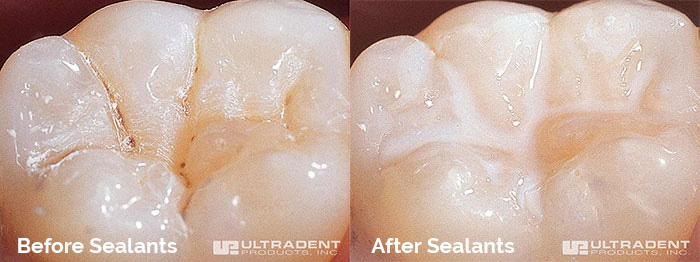
Fluoride treatments are also a safe and effective way to strengthen your child's teeth and prevent cavities. In our office, we apply a concentrated fluoride gel or varnish topically on your child's teeth. The process takes seconds and helps to rebuild weakened tooth enamel, making teeth more resistant to decay. We understand that some parents may have concerns about fluoride. Rest assured, professional fluoride treatments use carefully controlled amounts applied by our trained staff. The fluoride stays on the teeth and poses minimal risk of ingestion. Leading dental and health organizations support the use of fluoride treatments as a proven method to protect children's teeth. Your child's health and comfort are our top priorities. We're happy to answer any questions you have about fluoride or any of our dental procedures to ensure you feel confident in the care your child receives.
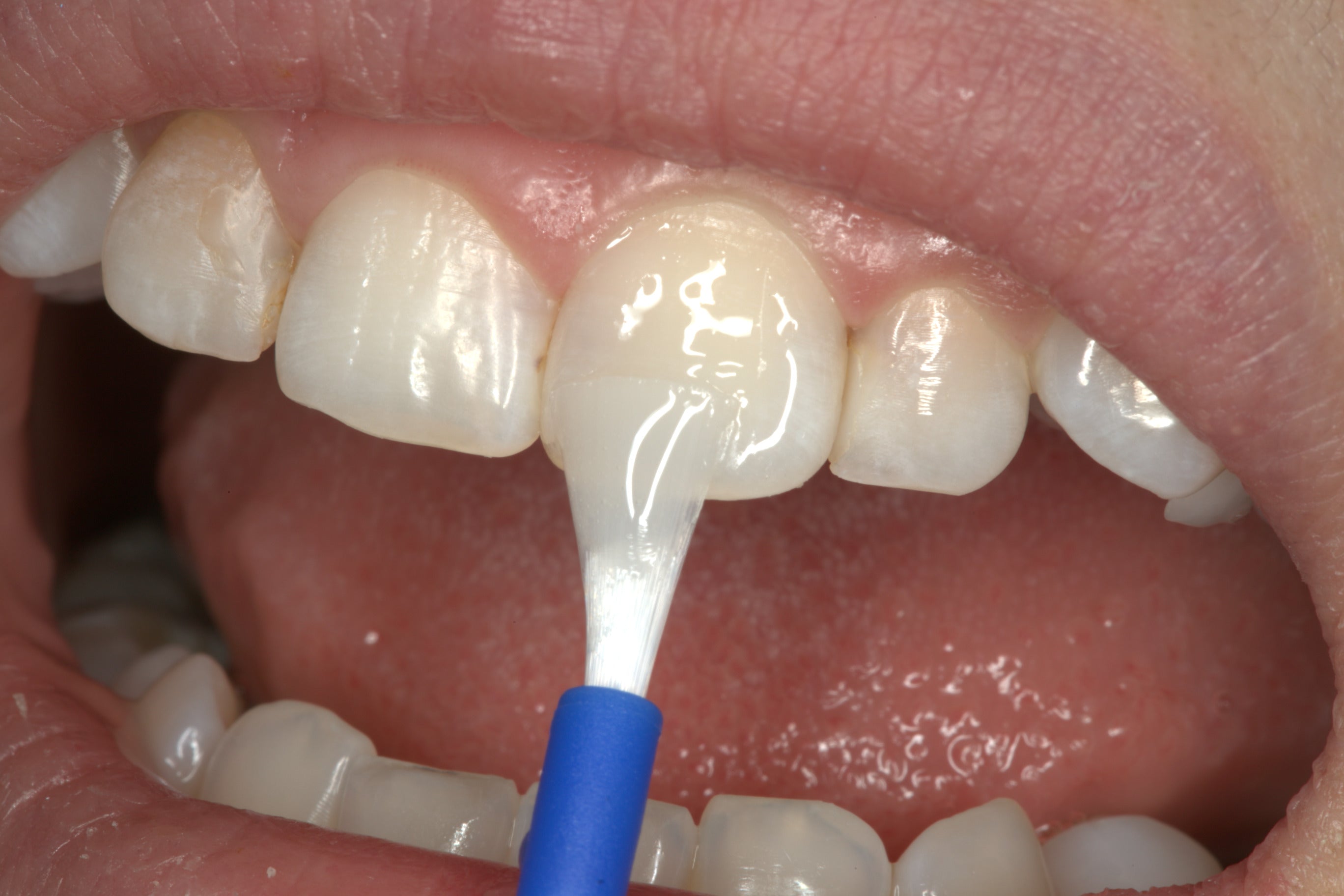
Esthetic bonding is a minimally invasive procedure that enhances the appearance of your child's teeth using tooth-colored resin material. It's an effective solution for correcting cosmetic issues such as white spots—often resulting from developmental factors or orthodontic treatments—and peg lateral teeth, which are small or misshapen lateral incisors. During the bonding process, our dentist will gently prepare the affected tooth and apply a composite resin that matches the natural color of your child's teeth. The resin is carefully shaped to blend seamlessly with the surrounding teeth, and a special light is used to harden the material, securely bonding it to the tooth surface. This painless procedure not only improves the look of your child's smile but also boosts their confidence. Esthetic bonding requires no anesthesia in most cases and preserves the natural tooth structure.

Fillings
Dental fillings are a common way to treat cavities and restore your child's teeth to normal function. When tooth decay occurs, it's important to remove the affected area to prevent further damage. During the filling procedure, our dentist will gently remove the decayed portion of the tooth and then fill the space with a tooth-colored composite resin. This material is safe, durable, and matched to the natural shade of your child's teeth. The procedure is quick and typically requires only local anesthesia, making it comfortable for your child.
Pediatric Stainless Steel Crowns
For teeth with extensive decay or damage that a filling cannot adequately repair, pediatric stainless steel crowns may be recommended. These crowns are prefabricated caps made of stainless steel that cover the entire tooth, restoring its shape, size, and function. They are especially useful for primary (baby) teeth that are too weak for fillings but still play a crucial role in guiding the proper eruption of permanent teeth.
The procedure involves removing the decayed portion of the tooth and shaping it to fit the crown. The stainless steel crown is then placed over the tooth and securely cemented in place. This treatment is durable and can withstand the chewing forces in a child's mouth. Stainless steel crowns are cost-effective, require only one visit, and have a high success rate. They help preserve the affected tooth until it naturally falls out to make way for the permanent tooth.
In some cases, we can perform a technique called a Hall crown which eliminates the need for local anesthesia and drilling, prioritizing your child's comfort and minimizing anxiety.
Our goal is to provide treatments that not only address dental issues but also promote good experiences and long-term confidence towards oral health.

A pulpotomy, sometimes called a "baby root canal," is a procedure to treat extensive tooth decay in children's primary teeth. When a cavity reaches the tooth's pulp (the nerve chamber), it can cause pain and infection. In a pulpotomy, the dentist removes the infected pulp from the crown portion of the tooth while leaving the healthy root pulp intact. The tooth is then sealed and typically covered with a stainless steel crown to restore its function.
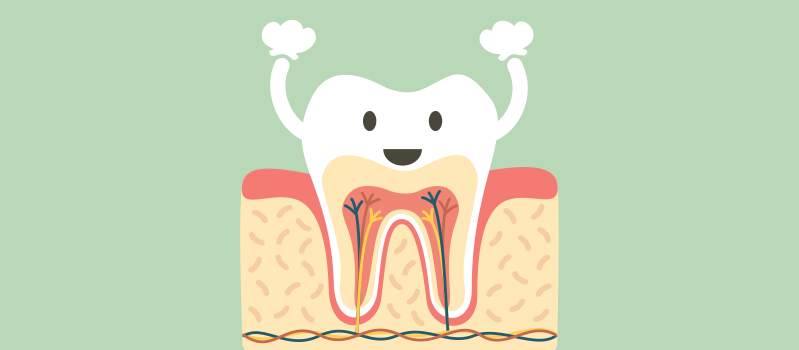
Tooth extractions in children are sometimes necessary for maintaining optimal oral health and development. Extractions may be recommended for teeth that are severely decayed or damaged beyond repair, to create space for orthodontic treatments, or to remove baby teeth that are stubborn and haven't fallen out on their own at the appropriate time. The procedure is performed gently and with care to ensure your child's comfort. We use local anesthesia and child-friendly techniques to make the experience as stress-free as possible. After the extraction, we will provide detailed post-operative instructions to help your child heal quickly and comfortably.
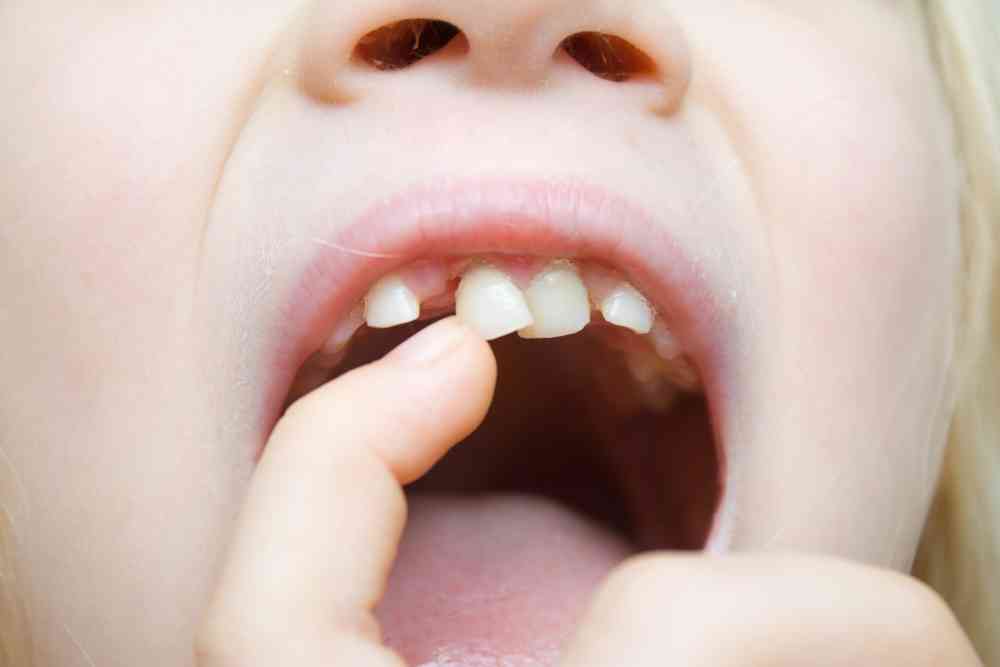
Space maintainers are custom-made dental devices used to hold open the space left by a prematurely lost baby tooth. When a primary tooth is lost early due to decay or injury, adjacent teeth can shift into the empty space, potentially causing misalignment issues for the incoming permanent teeth. A space maintainer keeps the gap open, ensuring that permanent teeth erupt in their proper position. The appliance is tailored to fit your child's mouth and is usually fixed, or cemented in place.
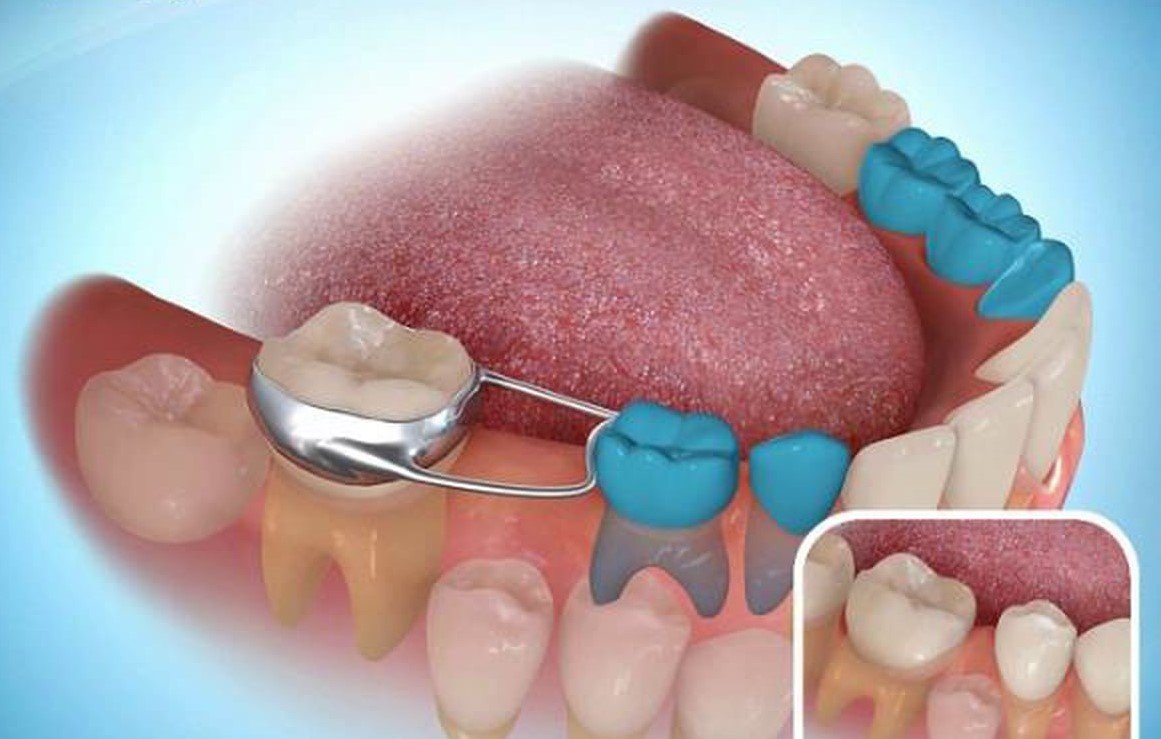
Sports guards, also known as mouthguards, are essential protective devices designed to shield your child's teeth and mouth during sports and physical activities. They are especially important for contact sports like football, basketball, soccer, and hockey, but also beneficial for activities where falls or collisions might occur, such as gymnastics or skateboarding. A custom-fitted sports guard provided by our dental office offers protection and comfort. Unlike generic store-bought versions, a professionally made sports guard is molded specifically to your child's teeth and mouth structure. This ensures a secure fit that won't risk falling out or minimal protection, making it more likely that your child will wear it consistently. Wearing a sports guard can prevent a range of dental injuries, including chipped or broken teeth, tooth loss, and injuries to the lips, tongue, and jaw.

While we do not provide in-office teeth whitening procedures at this time, we understand the importance of a bright smile for your child's confidence. Discoloration of teeth can be intrinsic in nature or extrinsic from staining. If your child is interested in whitening their teeth, we offer professional guidance and safe whitening solutions based on their age. We do sell professional-strength whitening gels that can be used at home with existing Invisalign aligners or orthodontic retainers. These gels are specifically formulated for at-home use and are gentle on young teeth.

